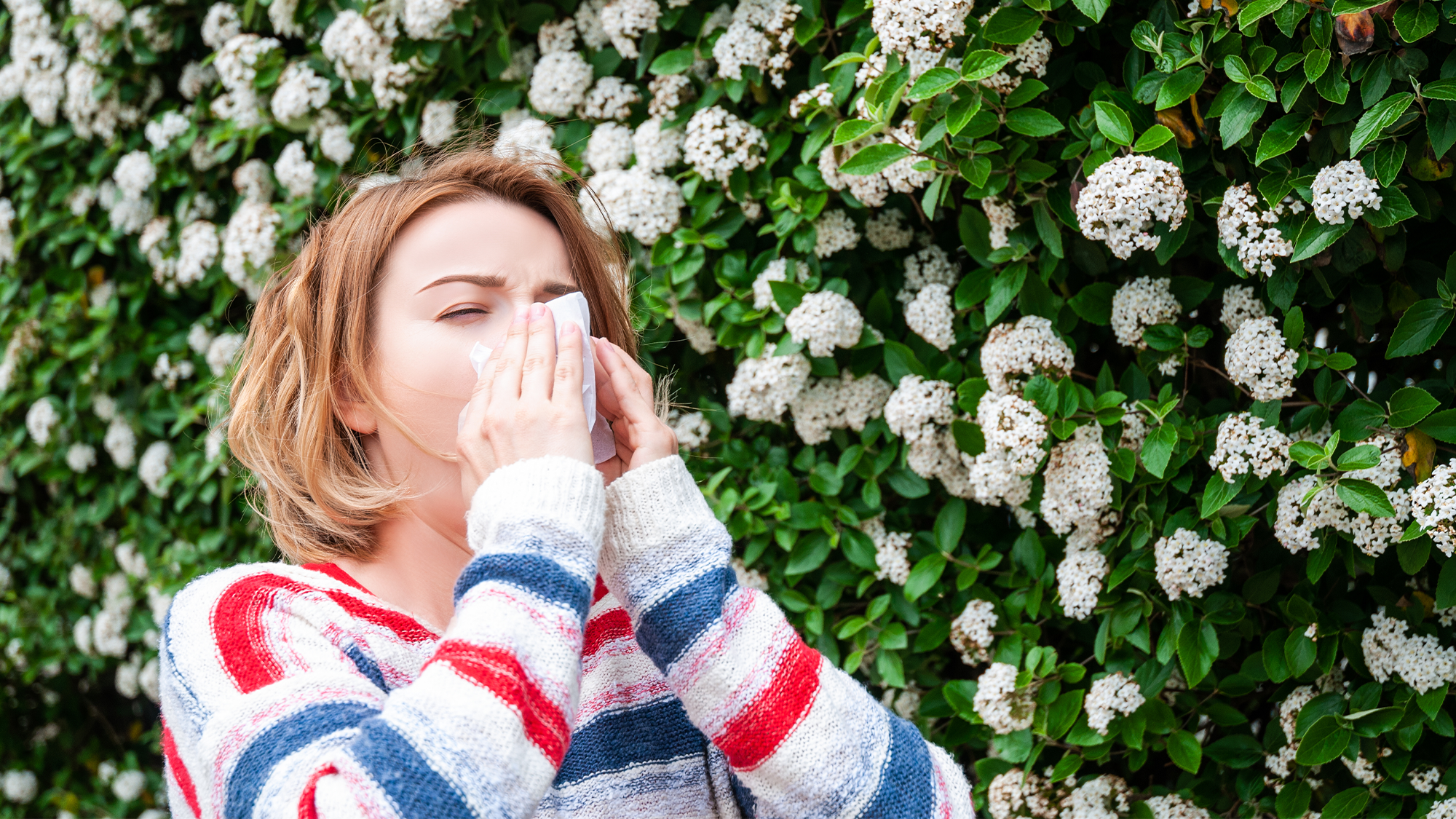

After a particularly mild winter in most of the United States, which followed a record warm summer for the planet, seasonal allergy season is kicking into high gear. According to the Asthma and Allergy Foundation of America, more than 80 million Americans suffer from sneezing, itchy eyes, runny nose, and other symptoms of seasonal allergies.
Climate change is making allergy season worse
A 2021 study found that spring allergy season is beginning about 20 days earlier in North America due to human-caused climate change. Pollen concentrations have risen roughly 20 percent across the country since 1990, with the Midwest and Texas seeing the largest increases. A combination of warmer temperatures, higher concentrations of carbon dioxide, and more precipitation can all contribute to plants producing more pollen longer.
This year, the pollen count started particularly early, according to allergist and director of the Loyola Medicine Allergy Count Dr. Rachna Shah. She typically looks at pollen counts in Chicago in April, but saw that tree pollen was already at a moderate level in the middle of February.
[Related: Climate change is pumping more pollen into allergy season.]
“This season has been so nuts,” Shah told the Associated Press. “Granted, it was a pretty mild winter, but I didn’t expect it to be so early.”
Shah also believes that this season will be longer than other years, if the weather remains unseasonably warm.
What are some triggers for seasonal allergies?
Pollen from growing trees and other plants is one of the most common triggers of seasonal allergies. In the early spring, tree pollen tends to be the biggest allergy trigger, with grass and weed pollen following.
Ragweed, goldenrod, dust, and mold can also trigger allergies for some.
Is it a cold or allergies?
Since allergies typically come with sneezing, coughing, itchy eyes, and sore throat, it can be hard to tell them apart from the common cold. According to Dr. Rita Kachru, chief of clinical allergy and immunology at UCLA Health, muscle pain, joint aches, fatigue, and fever is a sure sign that these symptoms are from a cold and not allergies.
Symptoms flaring up around the same time every year and having a family history of seasonal allergies are also helpful in determining what’s causing the symptoms.
How to manage symptoms
According to the Mayo Clinic, one of the first things to do is reduce exposure. This can mean avoiding going outside on windy days when pollen is blowing around, changing clothes and showering after coming inside, and even rinsing out your nasal passages. The best time to go outside is after a good rainfall, when some pollen has been washed away. You can also monitor pollen counts in your area online or during weather forecasts.
[Related: It’s time you really understood what allergies mean.]
There are also several over-the-counter remedies available in both oral and nasal spray form that can help with symptoms when taken correctly. These include fexofenadine (Allegra), loratadine (Claritin), levocetirizine (Xyzal), and cetirizine (Zyrtec). Some common steroid nasal sprays include budesonide (Benacort), fluticasone (Flonase), triamcinolone (Nasacort) and mometasone (Nasonex).
Medical professionals do caution against using products that have pseudoephedrine, such as Sudafed, for more than a day or two. These medications can increase heart rate and blood pressure. A task force of physicians also issued guidelines in 2020 that did not recommend using Benadryl to treat allergies. The medication can have sedative effects and cause confusion in some patients.
If symptoms are severe and last for several months, it is important to speak with a medical professional and potentially get tested to see exactly what the body is reacting to. There are also long term allergy shots avaialbe that can help with more severe reactions.
